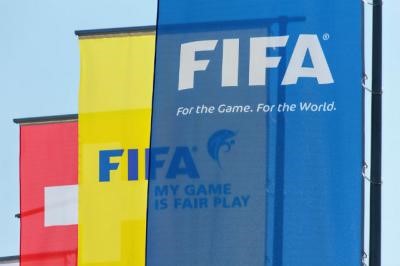FIFA and Human Rights

While the FIFA Women’s World Cup is slowly coming to an end, we are delighted to kick off today a special Verfassungsblog symposium (many thanks to Maximilian Steinbeis and his team for hosting us) on ‘FIFA and Human Rights’. The World Cup itself has raised the issue of the FIFA’s discrimination against female players through the allocation of much lower prize money than for the men’s competition. This debate demonstrates the relevance, and to some extend urgency, of thinking through FIFA’s human rights impacts, policies and responsibilities. This heightened focus in the public sphere on FIFA and human rights dates back to 2014, when the former UN High Commissioner for Human Rights and president of Ireland, Mary Robinson, and former UN Special Representative on Business and Human Rights, John Ruggie, sent an open letter to the Fédération International de Football Association (FIFA), presenting a number of recommendations on how FIFA should deal with adverse human rights impacts that arise in the context of their events and activities. Arguably, this letter marked the starting point of FIFA’s own human rights journey. Since then, FIFA underwent a reform process that led to the integration of a number of human rights provisions and policies into FIFA’s regulatory framework. The blogs featured in the symposium stem from a conference on FIFA and human rights hosted by the Asser Institute in The Hague in May. In this blog we provide a brief introduction to the symposium by going through FIFA’s human rights impacts, policies, and responsibilities.
Read the full commentary: FIFA and Human Rights



